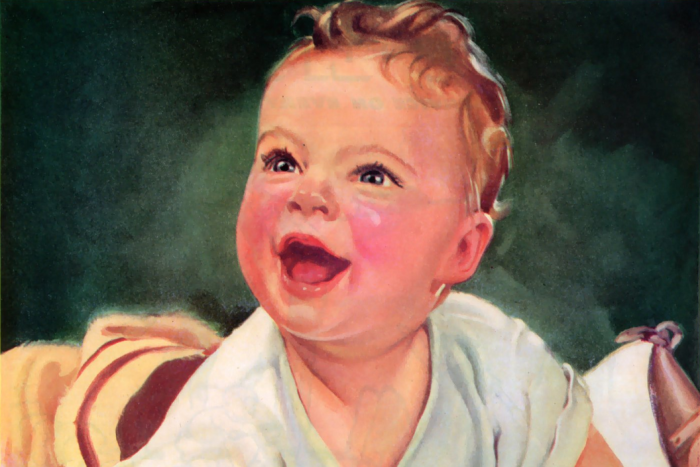
Research Seminar — “The Messy Work of Cleaning Up: Economy, Policy, and the Disposable Diaper, 1936–1996”

Kendra Smith-Howard, University at Albany, will discuss her paper "The Messy Work of Cleaning Up: Economy, Policy, and the Disposable Diaper, 1936–1996."
Author's abstract for the seminar paper:
In the past twenty years, environmental historians have become increasingly interested in how work affects how people know nature and use environmental resources. Yet few of these studies have applied an environmental lens to the unpaid tasks of domestic labor. This chapter places one of these unpaid tasks of domestic labor—diapering infants and children—at its center, and traces the rise of disposable diaper as a material and social artifact.
Its contention is that ever-heightening standards of cleanliness did not simply demand, in historian Ruth Schwarz Cowan’s classic phrasing “more work for mother,” but also required more work from nature. Hence, one of this chapter’s aims is to elucidate precisely the material effects of production of paper products on waterways close to pulp mills and in forests that supplied them, and of their disposal.
But the chapter also utilizes the fate of the diaper to consider how large-scale changes in the American economy—in particular, the growth of women’s paid employment outside the home, growth of the Sunbelt, and deindustrialization, shaped the dynamics of environmental politics from the 1970s through the 1990s.
While the 1970s is often considered as an “environmental decade,” paradoxically, it was during this very decade that disposable diapers became adopted. At that time, addressing point-source pollutants by industries like paper mills received greater attention as an environmental problem and more scrutiny from regulators than solid waste. By the late 1980s and early 1990s, legislators honed in on diapers as a key source of the solid waste crisis and called for consumer-driven solutions to environmental problems.
If historians of technology, such as Ruth Schwarz Cowan and Susan Strasser turned to the household to understand how industrialization shaped household work, this chapter endeavors to consider whether and how deindustrialization remade the social and environmental systems of the household, as manifest on the diaper table.
Commentator: Susan Strasser, University of Delaware
The seminar is open to the public and is based on a paper that is circulated in advance. Those planning to attend are encouraged to read the paper before coming to the seminar. Copies may be obtained by emailing Carol Lockman, clockman@Hagley.org.
Reception at 6 p.m., seminar begins promptly at 6:30 p.m. in the Copeland Room of Hagley’s library building.
See more about our Research Seminar series here.
Image: Hagley Digital Archives.
